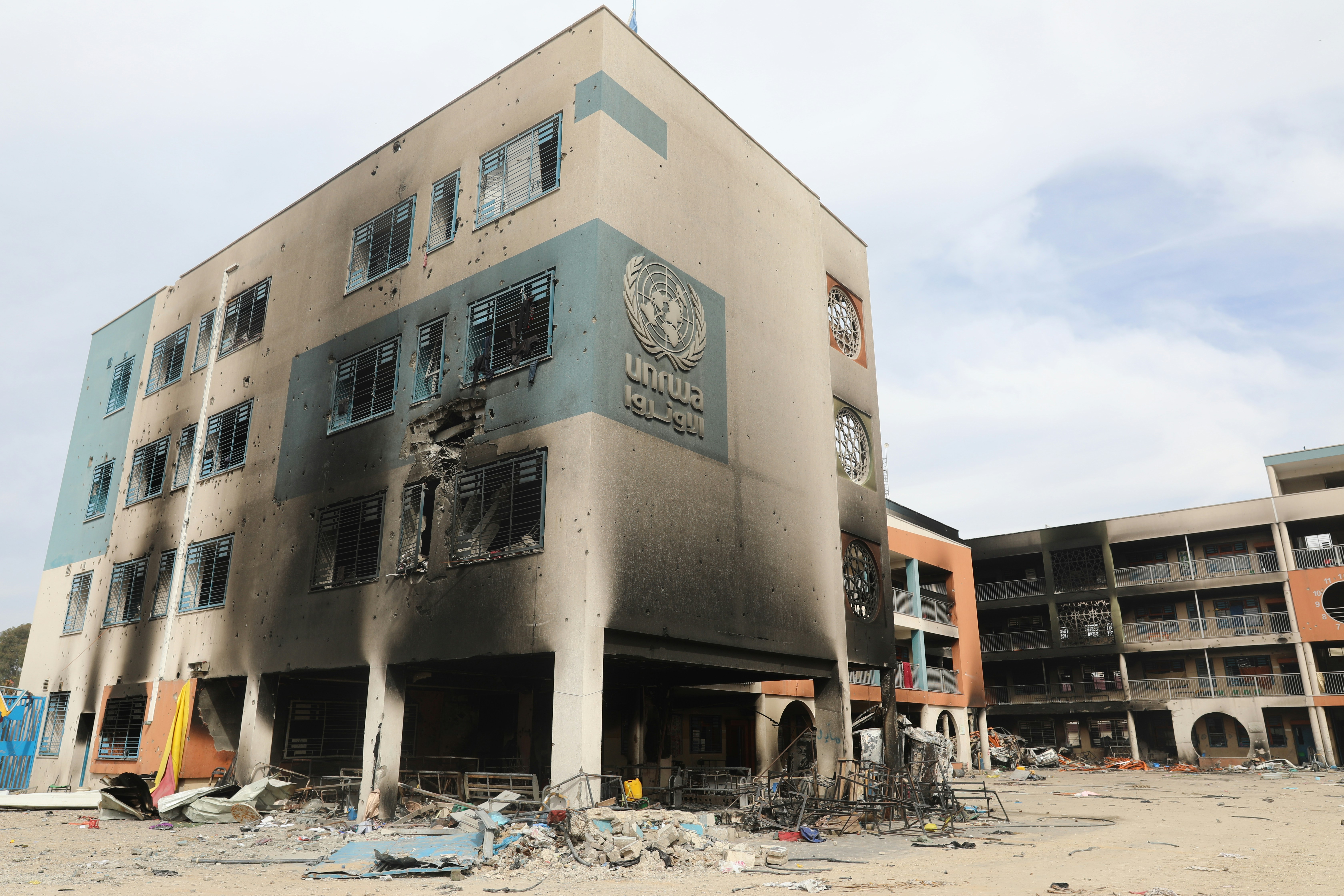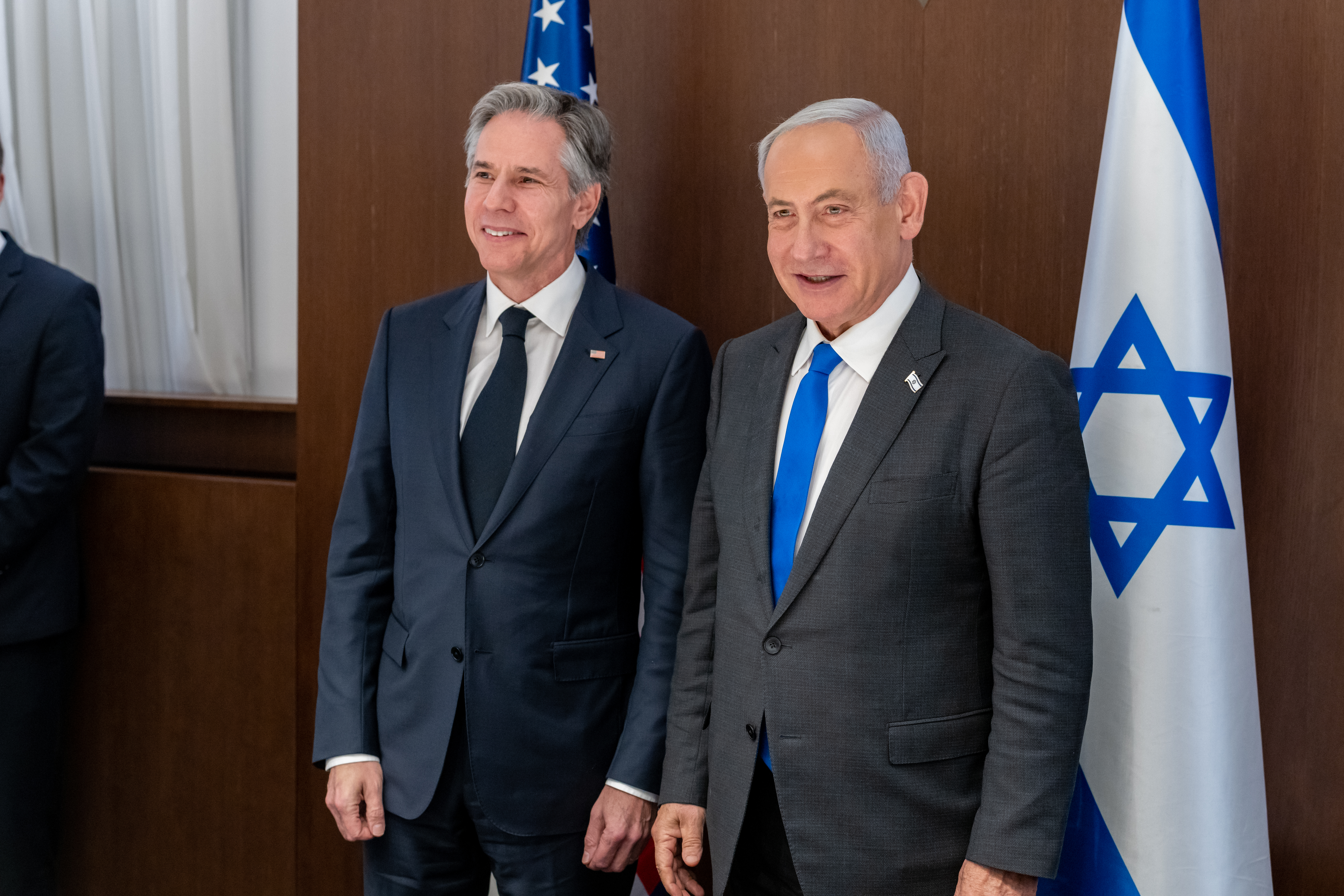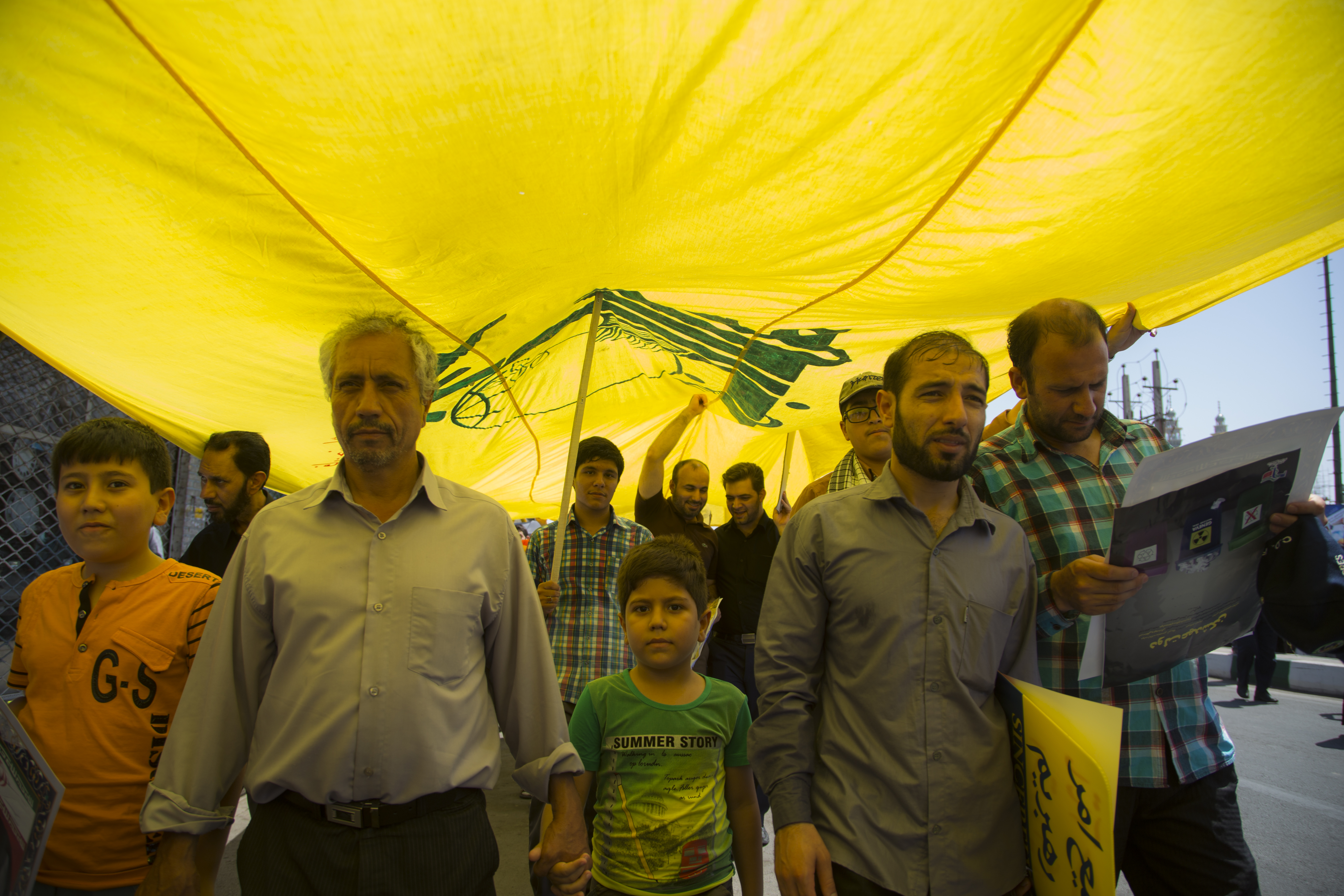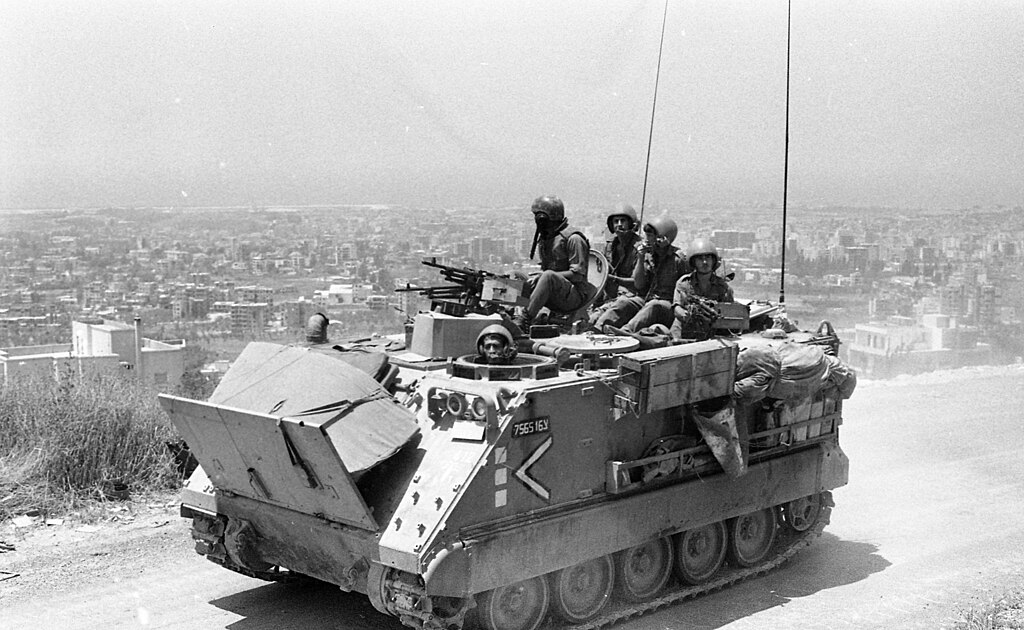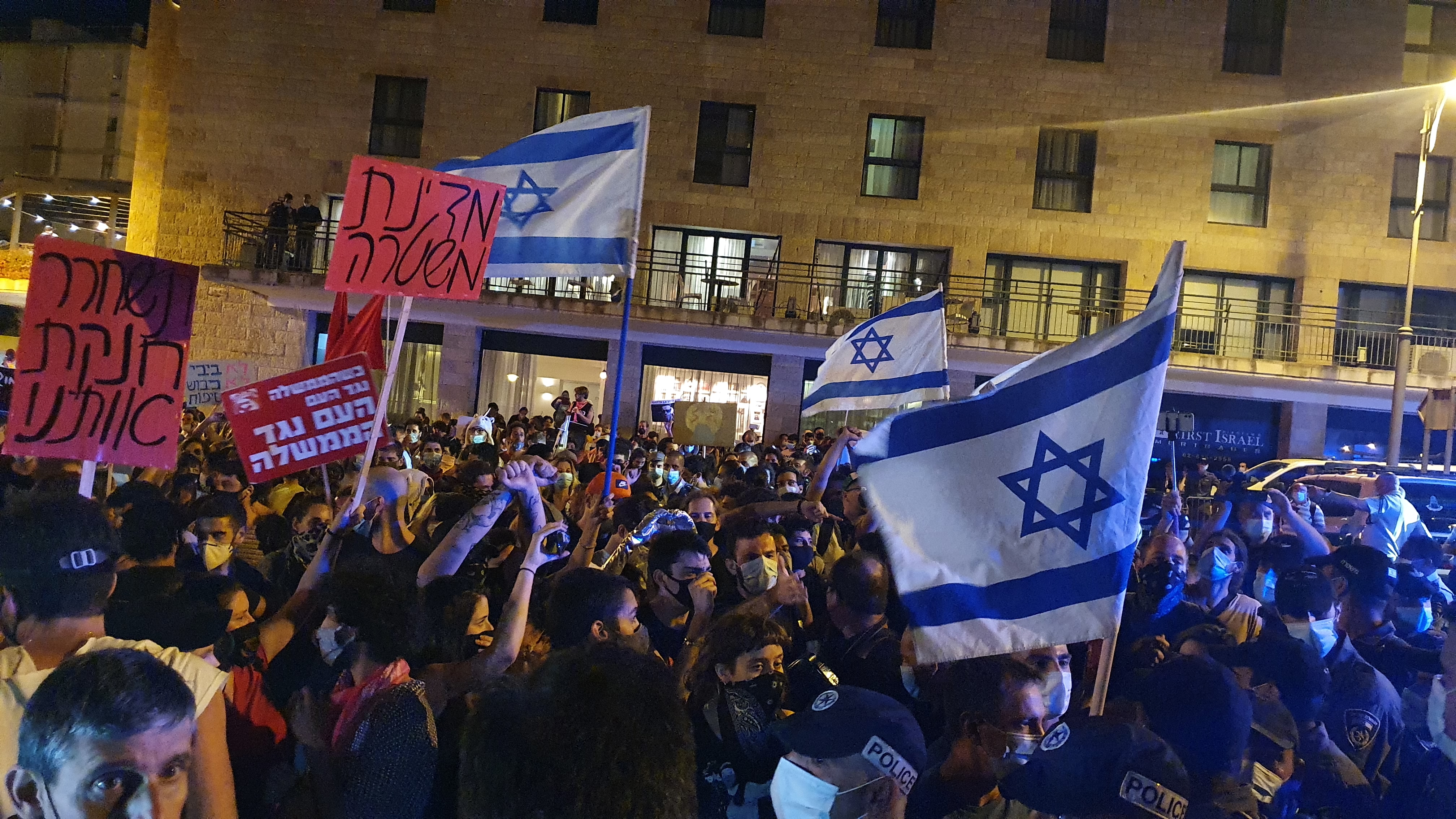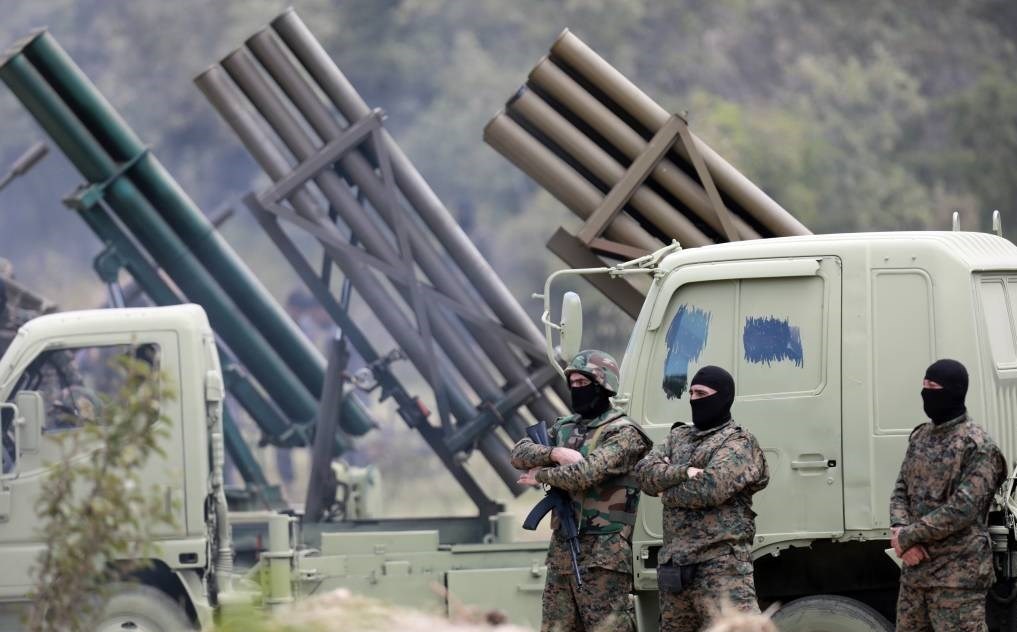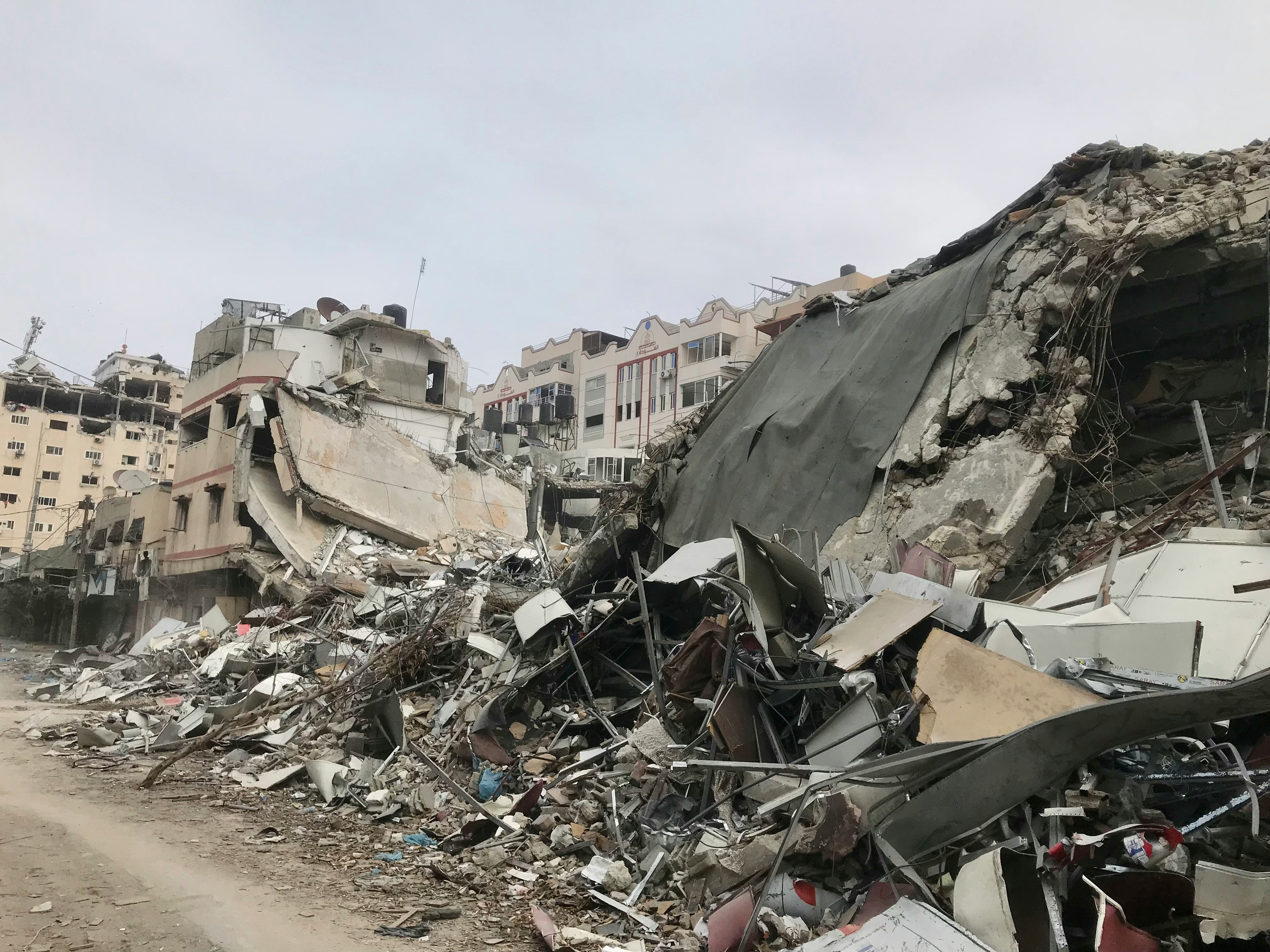A year on from the October 7 massacre, the world has changed so much it can be hard to remember how we got here.
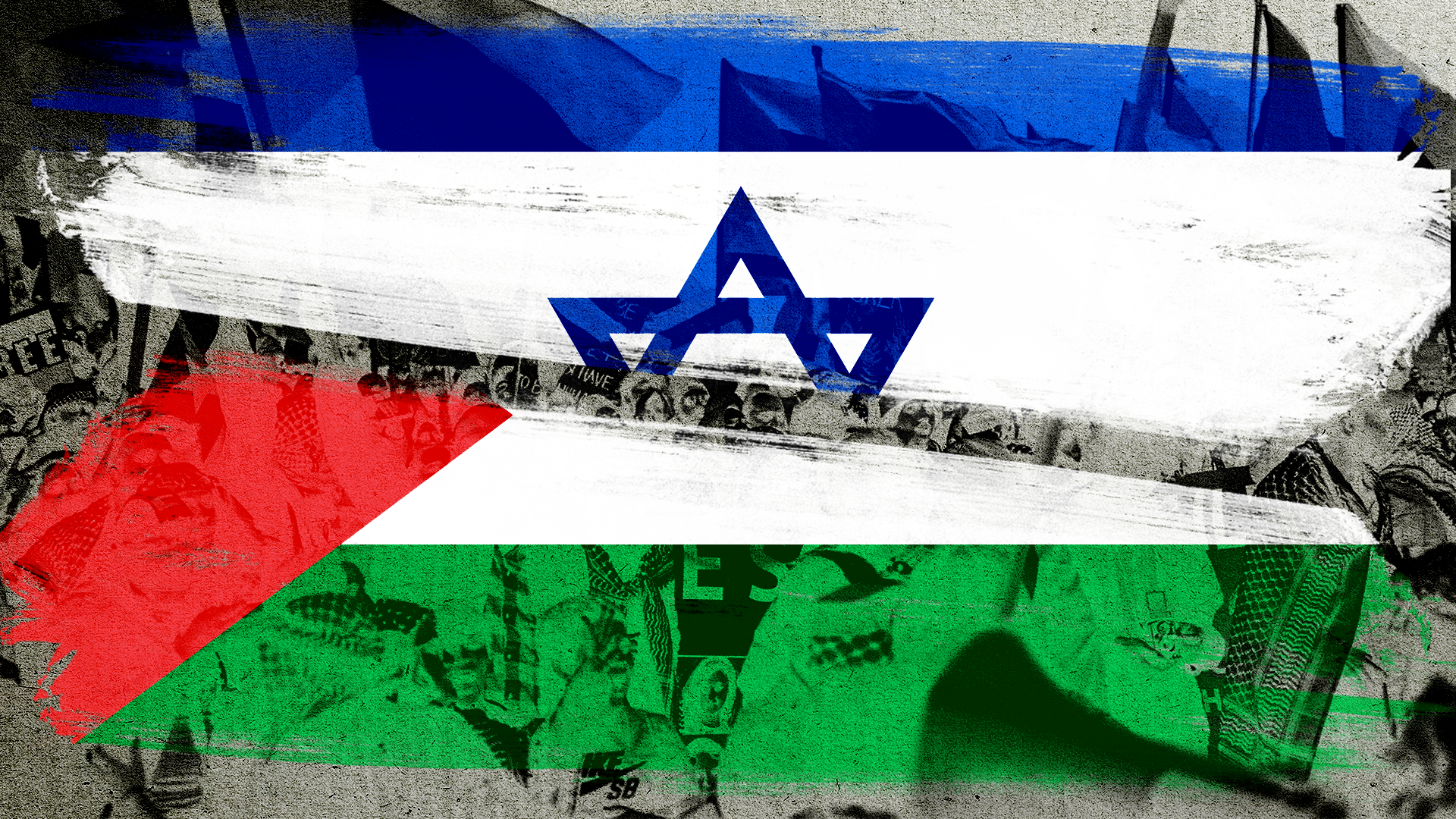 The conflict in Gaza has driven a wedge through global politics. : Michael Joiner, 360info CC by 4.0
The conflict in Gaza has driven a wedge through global politics. : Michael Joiner, 360info CC by 4.0
A year on from the October 7 massacre, the world has changed so much it can be hard to remember how we got here.
Right now, in the Middle East, every day brings a new escalation, a new humanitarian catastrophe and fresh suffering for communities already bearing the terrible costs of violence wrought in their names.
Over the past seven days alone Israel has bombed targets across Lebanon, Syria and Gaza, Iranian missile attacks have targeted Israeli cities and towns, and Iranian proxy Hezbollah has fired retaliatory responses over the targeted killing of its leader Hassan Nasrallah.
Individually, these events are all significant enough to reshape the region. Together, they threaten to unleash something far more destructive.
Yet, in a week of world-changing news, it is sometimes difficult to remember how we got here.
Away from Lebanon, Israel is waging a war to destroy Hamas, following the murder of 1,195 people on October 7 last year by a group of armed fighters who breached the fence around the Gaza Strip and attacked Israeli settlements.
Palestinians, and many in the Arab world, however, believe that this fight did not begin on October 7, 2023, a notion supported by UN Secretary-General Antonio Guterres, who claimed in the weeks following the attacks that “the attacks by Hamas did not happen in a vacuum.”
Gutteres was this week called a “stain on the history of the UN” by Israel’s foreign minister.
Speaking to 360info’s Leave It to the Experts podcast, Dr James M. Dorsey an Adjunct Senior Fellow at Nanyang Technological University’s S. Rajaratnam School of International Studies in Singapore believes that fundamentally, there is such incredible violence because both sides fail to see the humanity in their opponents.
“Netanyahu’s government and Hamas are mirror images of one another,” Dr Dorsey said.
“So you have two parties which fundamentally don’t see the other as human. Let me put it differently” Hamas sees Israelis as settlers and therefore as legitimate targets.
“The Israelis, or certainly a number of senior Israeli officials, have used language with regard to the Palestinians that dehumanises them. So if you’ve demonised and dehumanised to that extent, killing them off doesn’t, you know, it’s not a big deal. To be crude about it.”
The events of October 7 shocked the world, while the ensuing bombing campaign and invasion of Gaza by Israeli forces which has left more than 40,000 Palestinians dead 95,000-plus injured has driven a wedge through global politics.
Dr Ran Porat, a Monash University expert and analyst on Israel and Middle Eastern Affairs, told Leave It to the Experts that the belief that Israel does not suffer too from the death of so many Palestinian lives is not a fair reflection of the reality on the ground.
“There is a misconception and misunderstanding in the world media about how Israelis are relating to Palestinian deaths,” Dr Porat saiod.
“So, I’ve seen all the time that, you know, Israelis are not exposed to, the, the tragedy, the deaths in Gaza. Absolutely wrong.
“They are exposed to that. They have access to that. If they want to, they can see it. We do see it online. They just feel that all this is horrible. It’s a tragedy as humans, but they feel that their side, the Israeli side, is completely ignored
“So the feeling that Israel is abandoned and is ignored diffuses into the relationship with the feelings that they have towards casualties and Gaza. Yes. There are absolutely people in Israel saying this is a horrible crisis, but who is responsible for that? Hamas.”
As Israel looks set to find a way to return fire at Iran following this weeks missile attacks, the potential that the anniversary of October 7, and the memory of the lost on all sides of this conflict looks set to be overshadowed once again, by yet a new escalation point.
You can hear both interviews with Dr Ran Porat and Dr James M. Dorsey in the latest episode of 360info’s Leave It to the Experts.
Originally published under Creative Commons by 360info™.



